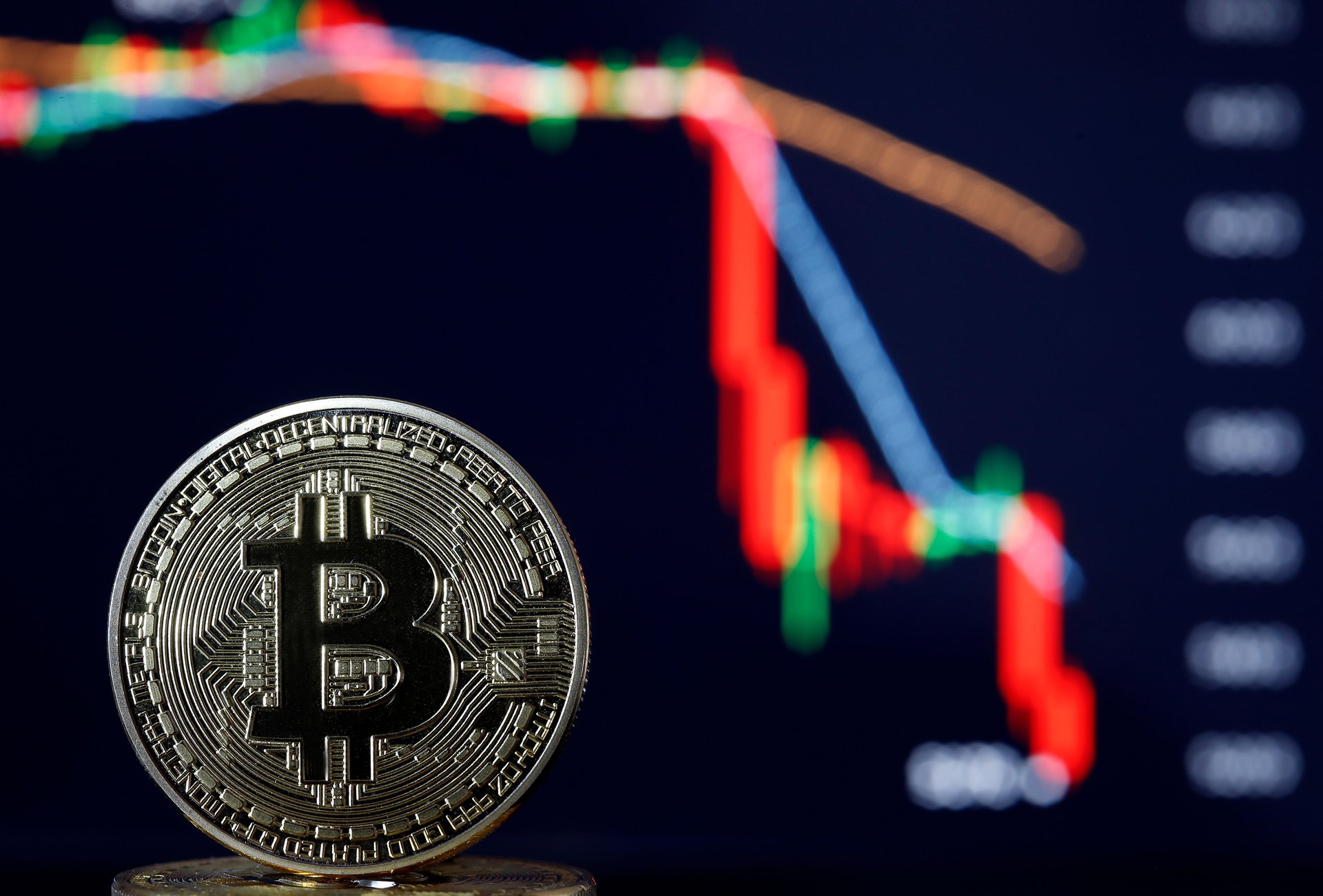Bitcoin falls after Treasury Secretary rules out buying it for strategic reserve
The Treasury Secretary said the U.S. is "not going to be buying" Bitcoin for its strategic reserve, and cryptocurrency's value slumped

Chesnot/Getty Images
Bitcoin has slumped in value just hours after hitting a record high, following a stronger-than-expected inflation reading and comments by Treasury Secretary Scott Bessent that the U.S. would not buy the asset for its strategic reserve.
Suggested Reading
The cryptocurrency fell 4.8% on Thursday to $117,387 as of 2:24 p.m. ET. On Wednesday evening it had risen to a new high of $124,210, shortly after the S&P 500 closed at its own record.
Two developments came shortly before the drop. First, the Bureau of Labor Statistics’ latest Producer Price Index showed a 0.9% rise from June — triple the pace economists expected — and pushed the annual wholesale inflation rate up to 3.3%, from 2.4% in June.
The data marked a sharp turn in the narrative after months of seemingly steadying rates, prompting traders to scale back expectations for imminent Federal Reserve rate cuts.
Also on Thursday, Bessent said in an interview on Mornings with Maria on Fox Business that the government would not buy more of the cryptocurrency for its proposed strategic reserve, dashing the hopes of some investors.
“We’ve also started to get into the 21st century, a Bitcoin reserve. We’re not going to be buying that, but we are going to use confiscated assets and continue to build that up,” he said.
Bessent reiterated a statement from March that the government would stop selling bitcoin that it had collected in criminal cases.
Nonetheless, Bitcoin remains far above levels seen before President Donald Trump won the 2024 election with promises of crypto-friendly policies.
Trump signed an executive order in March to set up a strategic bitcoin reserve, which would use digital assets seized by the government in criminal cases.
More recently, Trump signed another order that opens the door for 401(k)s to invest in cryptocurrency, private equity, real estate, and other so-called alternative assets.
In July, the U.S. also passed the GENIUS Act, a bipartisan bill that established the first federal stablecoin framework and requires full backing with reliable assets. That cleared some regulatory fog over programmable money systems, boosting investor confidence.
Speaking on Thursday, Bessent added that he believes the U.S. government’s current holdings at current prices are “between $15 and $20 billion," below some third-party estimates of about $24 billion.
—Shannon Carroll and Hannah Parker contributed to this article.
